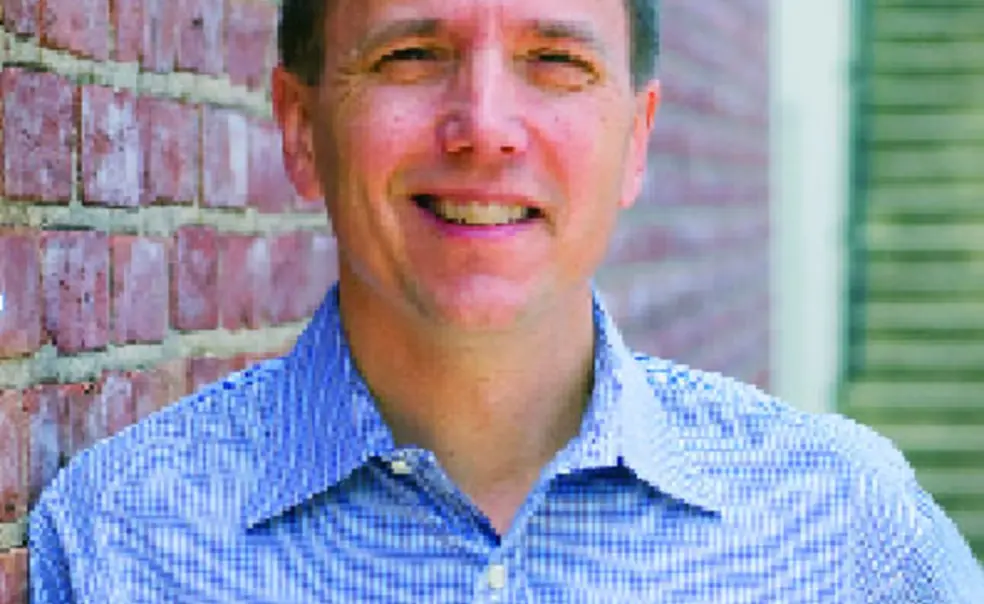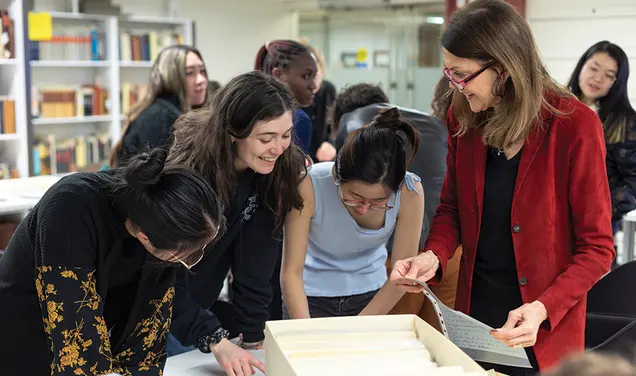Alumni Profile: Dennis Whittle *86, connecting donors and projects
If you saw the movie Slumdog Millionaire and wondered how you could improve the lives of the homeless children that the film depicts stowing away on trains, Dennis Whittle *86 has an idea for you. With a credit card and a few clicks at Whittle’s GlobalGiving.com, you can donate to an organization in India that’s building schools on train platforms to educate transient children.
Called an eBay for international aid, the Washington, D.C.-based GlobalGiving connects online donors to “a million little earth-changing ideas,” as the organization describes the causes around the world for which it facilitates fundraising. Whittle is co-founder, chairman, and CEO of the nonprofit, which takes a 10 percent cut to maintain the Web site. GlobalGiving matches donors directly to small-scale, grassroots organizations.
The idea for GlobalGiving came from an unlikely place: the bureaucracy of the World Bank, which aims to alleviate global poverty by pumping billions of dollars into large institutions and programs. During a 14-year stint for the World Bank after earning a master’s degree in public affairs at the Woodrow Wilson School, Whittle developed new ways to hand out money. His team came up with a “development marketplace” to streamline the awarding of loans and grants. Teams of social entrepreneurs from developing countries pitched their ideas to a panel of judges and learned immediately whether they’d get funding.
But the marketplace was open for business just one day each year. Whittle and a co-worker wondered if they could extend the concept. The result: GlobalGiving. Since its 2003 launch, donors have contributed more than $17 million through the site, in amounts as small as $10. Thanks in part to GlobalGiving’s donors, more Guatemalan women are getting tested for cervical cancer, and children in Malawi have lights to study by at night. GlobalGiving vets the projects and requires regular progress reports, which are e-mailed to the project’s financial backers.
Donations grew 200 percent last year, and the number of donors grew 500 percent. “Especially when times are tough,” Whittle says, “people seek out the most cost-efficient solutions.”
Massie Ritsch ’98 is communications director for the nonpartisan Center for Responsive Politics in Washington.










No responses yet